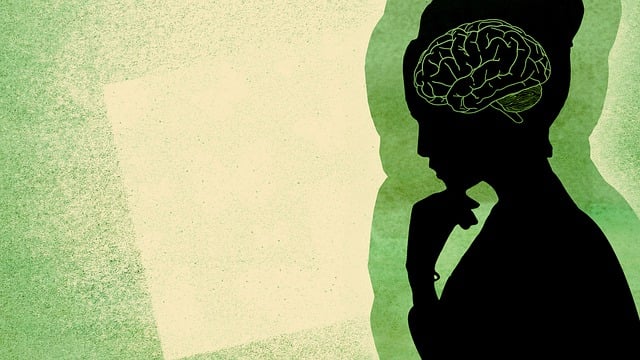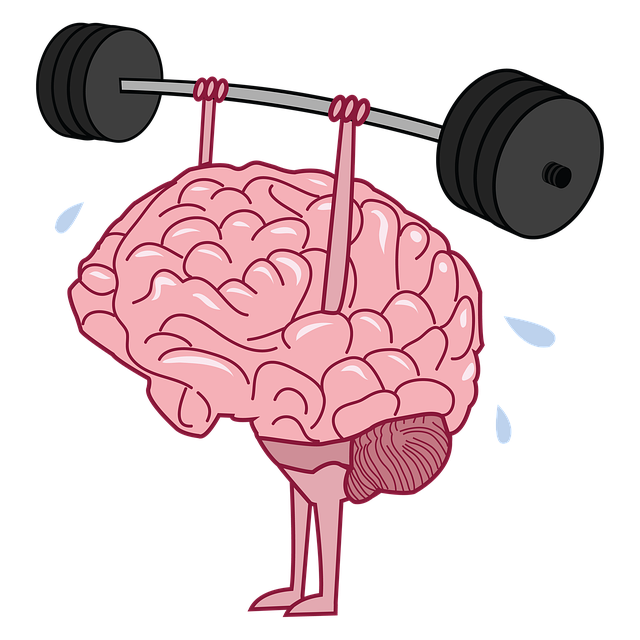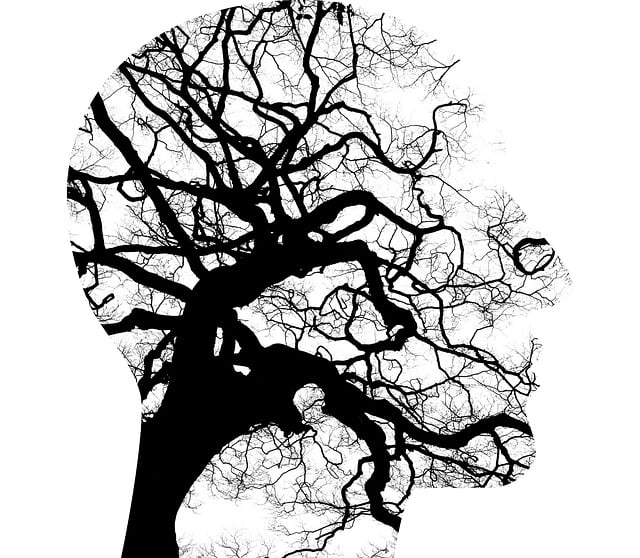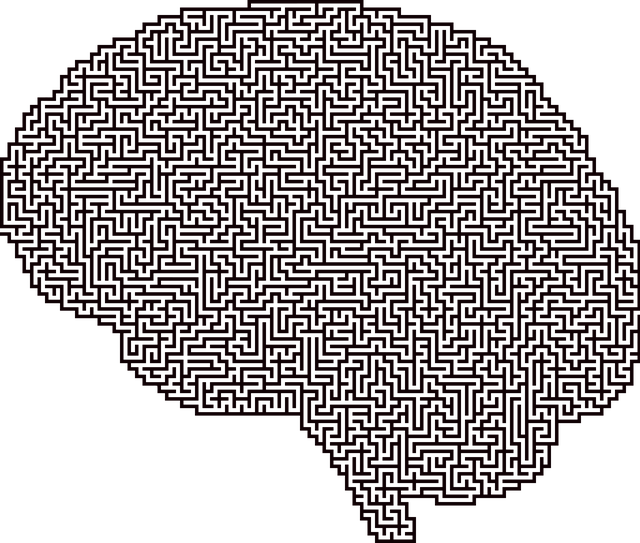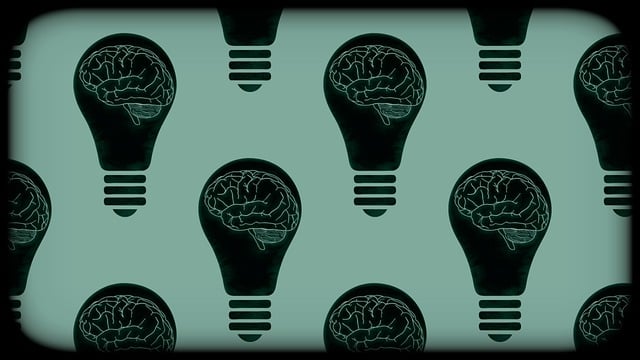Mental health diagnoses require accurate assessment amidst growing awareness due to subjective symptoms and comorbid conditions. Integrating Christian counseling techniques within structured frameworks, along with digital platforms offering online therapy and self-care routines, enhances mental health awareness and therapeutic relationships. Key focus areas are preventing burnout for healthcare providers and providing a structured approach to adult therapy. Combining Cognitive Behavioral Therapy (CBT) with Christian Counseling improves diagnosis accuracy and overall well-being for adults seeking support.
Mental illness diagnosis accuracy is a critical aspect of patient care, yet challenges remain. This article delves into the current landscape of mental health diagnoses, exploring common obstacles hindering accurate assessments. We present innovative solutions, highlighting the integration of therapy techniques like Cognitive Behavioral Therapy (CBT) and Christian Counseling, as well as the role of digital tools in enhancing diagnostic accuracy. Additionally, we emphasize the importance of holistic evaluation and support for adult clients seeking therapy.
- Understanding Mental Health Diagnoses: The Current Landscape
- Challenges in Accurate Diagnosis: Uncovering Common Obstacles
- Innovative Approaches to Enhance Diagnostic Accuracy
- – Integrating Therapy Techniques: Cognitive Behavioral Therapy (CBT) and Christian Counseling
Understanding Mental Health Diagnoses: The Current Landscape

Mental health diagnoses are complex and multifaceted, making accurate assessment a challenging task. In today’s world, with increasing awareness about mental wellness, the demand for precise diagnosis has never been higher. The current landscape involves various therapeutic approaches, from traditional talk therapy to innovative Christian counseling models, all aiming to help individuals navigate their mental health journeys. While these therapies offer valuable support, ensuring accuracy in diagnosis remains a priority to prevent misalignment between treatment and condition.
Burnout prevention strategies for healthcare providers are essential in this context, as mental health professionals often face high-pressure situations. Effective risk management planning can mitigate potential errors, ensuring safety and reliability in diagnosis. By integrating Christian counseling techniques within a structured framework, mental health professionals can cater to diverse patient needs, promoting Mental Health Awareness and fostering more meaningful therapeutic relationships.
Challenges in Accurate Diagnosis: Uncovering Common Obstacles

Diagnosing mental illness accurately can be a complex task, presenting numerous challenges that impact patient care. One significant obstacle is the subjective nature of symptoms, which often vary greatly from person to person and across different contexts. This complexity can lead to misdiagnosis or delayed identification of the correct condition. For instance, what may appear as chronic anxiety in one individual could be indicative of a more severe disorder like PTSD in another. Such variations highlight the need for thorough assessments and personalized approaches.
Additionally, the presence of comorbid conditions, where multiple disorders coexist, further complicates diagnosis. Many mental health issues are interrelated, making it challenging to isolate symptoms and determine primary diagnoses. This is where professional guidance becomes pivotal; therapists and counselors skilled in Christian counseling techniques can employ evidence-based practices, such as improved mood management strategies, to enhance diagnostic accuracy. By fostering Mental Health Awareness and reducing the Mental Illness Stigma, these professionals create an environment where individuals feel more comfortable seeking therapy for adults, thereby facilitating earlier interventions and better outcomes.
Innovative Approaches to Enhance Diagnostic Accuracy

In recent years, innovative approaches have emerged to enhance mental illness diagnosis accuracy, particularly focusing on adult therapy and Christian counseling. These new methods go beyond traditional practices by incorporating cutting-edge techniques and technologies. For instance, digital platforms offer accessible online therapy sessions, making professional support more inclusive for those who might otherwise face barriers in accessing care. Additionally, these platforms often utilize advanced algorithms to personalize treatment plans based on individual needs, ensuring a tailored approach that can significantly improve diagnostic accuracy.
Self-care routine development and self-awareness exercises are other crucial components of this improved diagnostic process. By encouraging individuals to take an active role in their mental health, these practices foster better self-understanding and enable people to recognize early warning signs of potential mental health issues. Anxiety relief techniques, often integrated into therapy sessions, play a vital role in enhancing self-awareness and supporting accurate diagnoses. This holistic approach not only complements professional counseling but also empowers individuals to actively manage their mental well-being through effective self-care strategies.
– Integrating Therapy Techniques: Cognitive Behavioral Therapy (CBT) and Christian Counseling

Integrating Therapy Techniques: Cognitive Behavioral Therapy (CBT) and Christian Counseling offers a comprehensive approach to mental health support, catering specifically to adults seeking effective treatment. CBT focuses on identifying and changing negative thought patterns and behaviors, empowering individuals to manage their mental illness effectively. This evidence-based practice has proven successful in treating various conditions, from anxiety and depression to post-traumatic stress disorder (PTSD).
Combining CBT with Christian Counseling provides a unique perspective by infusing faith-based principles into the therapeutic process. This approach allows clients to explore their spiritual beliefs while addressing emotional and psychological needs. By tailoring therapy to an individual’s religious or spiritual background, mental health professionals can foster a deeper sense of connection and hope, contributing to improved diagnosis accuracy and overall well-being. Additionally, this integrated therapy model encourages self-care routine development for better mental health, aligning with the broader community outreach program implementation aimed at Mental Illness Stigma Reduction Efforts.
Mental illness diagnosis accuracy has seen significant improvements through innovative approaches like integrating therapy techniques, such as Cognitive Behavioral Therapy (CBT) and Christian Counseling. By addressing common challenges, these methods enhance understanding and provide more effective treatments for adults seeking mental health support. This progress underscores the importance of combining evidence-based practices with personalized care to achieve better outcomes in mental health diagnosis and treatment.


